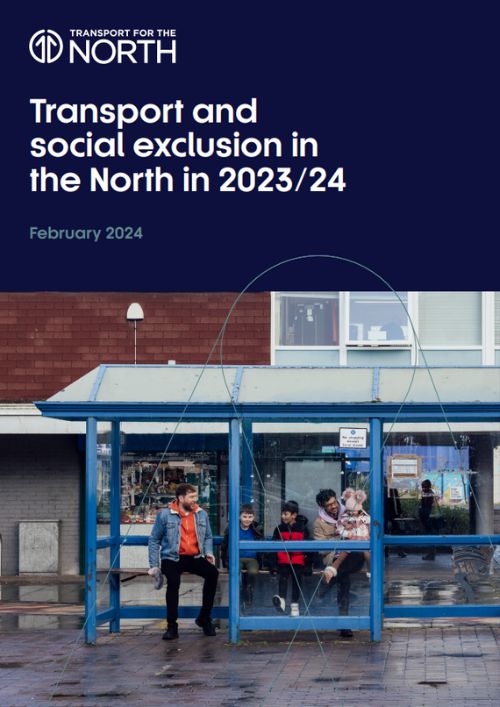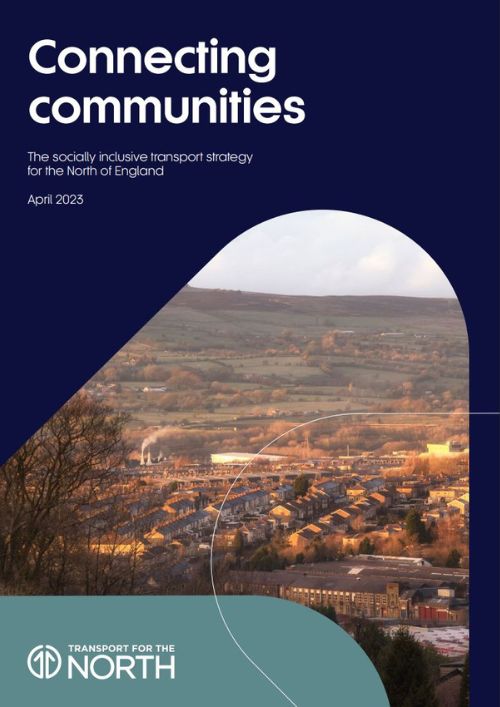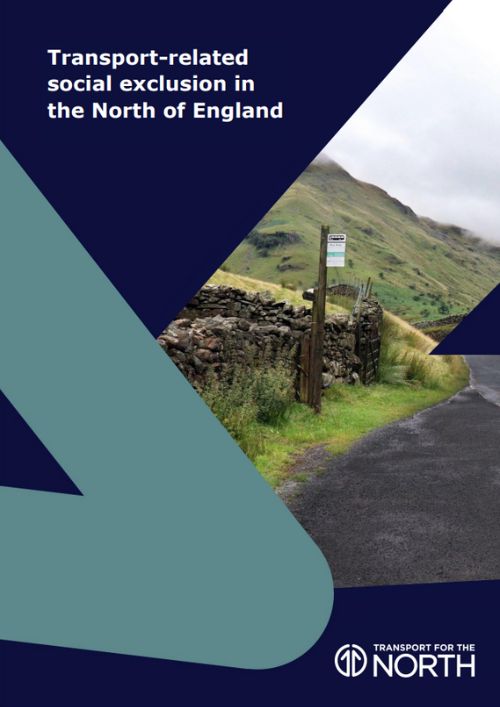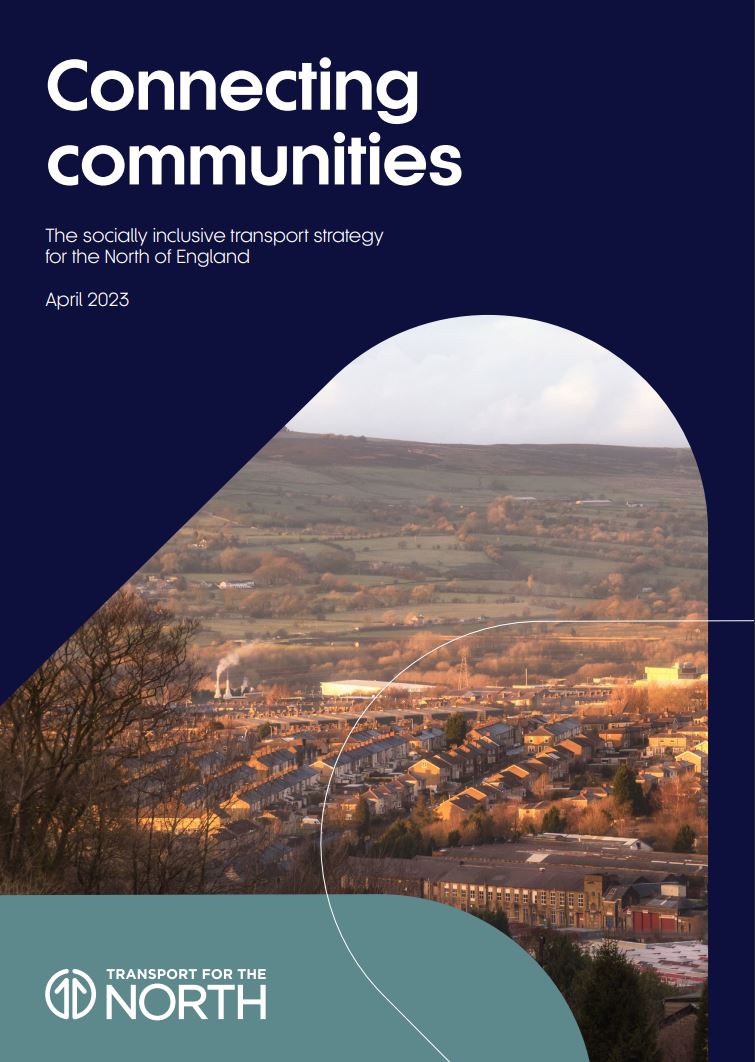3.3 million people in the North of England face a high risk of social exclusion because of poorly performing, unreliable, and otherwise inadequate transport systems. This contributes to poverty, poor health, social isolation, and loneliness, and reduces quality of life.
At TfN, we undertake research with residents to understand the causes and solutions to these issues, support local authorities and other partners to deliver transport systems that work for everyone, and develop data tools to measure the region’s progress on this issue.
We provide England-wide data tools to identify transport-related social exclusion and severance, drawing on transport systems, demographic, and socioeconomic analysis.
These tools are free to use, and can be accessed here:
Our online data tools provide a summary of TRSE and severance across local areas of England. Local Authorities and other transport stakeholders wanting further information should email [email protected].

The Transport and social exclusion in the North in 2023/24 report demonstrates the fundamental impact of transport issues on life chances and social participation. This includ

The Connecting Communities strategy sets out Transport for the North's response to the urgent social challenge of transport-related social exclusion. This includes defining ho

Transport for the North has undertaken research to understand how issues with the transport system in the North leads some people to be socially excluded.

Connecting Communities sets the regional vision for a more effective, equal and inclusive transport system in the North, and how we will work with our partners to deliver this.
This includes the ambition to eliminate the gap in transport-related social exclusion between the North and the rest of England, across our diverse area types – meaning that by 2050 one million fewer people in the North will face a high risk of social exclusion because of transport issues than is the case today.
This evidence-based ambition is backed by a regional policy framework, defining the key steps required across public transport, active travel, our roads and policy and planning processes.
Read the strategyCLOSE POPUP [X]